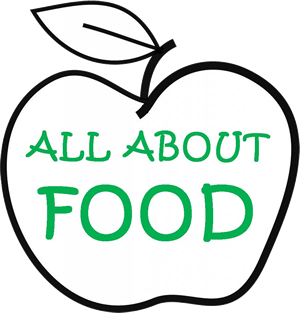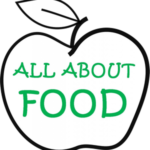Cooking with kids at home saw a boom during lockdown – here’s why it needs to continue
Fiona Lavelle, Queen’s University Belfast
For some parents, the suggestion that they let their kids do the cooking might have been fear-inducing. Scenes of the kitchen looking like a bomb site might have flashed before their eyes. There’s a good chance, though, that COVID-19 has changed all that.
During the pandemic, cooking with kids was routinely suggested in the media as both a learning aid and a distraction. To find out whether parents followed that advice, myself and some colleagues surveyed a cross-section of 718 parents from the UK, Ireland, the US and New Zealand for two months during 2020.
In our recently published study, we found that not only had children been cooking and baking, but that parents who included their children more frequently had a higher quality of diet. The question now is: was it just a good distraction while stuck at home, or should this continue?
Positive patterns and bonding
Learning to cook at a young age can set you up with positive dietary patterns for adulthood. Children tend to be more willing to eat vegetables and food in general when they’ve been involved in cooking it. This has implications both for making them healthier and reducing food waste.
Children also tend to take those cooking skills on into adulthood. They are essential life skills that promote confidence, responsibility and independence and enable children to make appropriate food choices as they continue to grow.
By cooking with your children, you’re also spending quality time together, doing something enjoyable and productive. This is important to hold on to as restrictions ease and there is a return to work.
Of course, enjoyment may not be the first word that springs to mind: mess might be more like it. But that mess just highlights that the children really are taking a hands-on approach, literally getting their hands dirty, which is a great way to learn. And teaching children how to clean up the mess properly after cooking is part of the whole process. The added bonus, of course, is that once they know how, the burden of cleaning won’t all fall on you anymore. You both might find the experience more enjoyable.
The extra time spent together during COVID-19 has been shown to strengthen bonds too. So cooking could be used more broadly as a way to build or strengthen relationships with your children.
In our research, we found both mums and dads using cooking to spend time with their children. In fact, children may even learn different tips and tricks or recipes from both parents. Furthermore, the kitchen provides an enticing antidote to the understandable yet concerning increase in screen-time during the pandemic, as well as the increase in sedentary behaviours.
How to get started
If the pandemic trend passed you by and you’re now wondering how to get your kids into the kitchen, we have developed a handy guide for what skills your children can be doing by which age. There are ways to involve even two-year-olds, so this is not something that has to wait until they are older.
Begin with the basics. Have them wash the vegetables and stir the pot. Let them help with the chopping – if you’re nervous about them handling sharp implements, start them out on plastic or butter knives and soft food to get them used to the movement. If savoury food isn’t sparking an interest, try a bit of baking instead. Who doesn’t love a homemade treat?
One particularly interesting finding from our research has been the relationship between including children in cooking more and parents having a better diet. This suggests two things. Either people who eat a better diet generally are more likely to include their children when cooking. Or including children makes parents pay more attention to what they eat.
If the latter, this may be due to parents trying to be positive role models for their children in how they prepare food, and what they actually eat too. It could be that parents try to choose healthier options or recipes with extra vegetables in order to expose their children to these ingredients.
Either way, including children in cooking may have a positive influence on what both you and your child eat. As an added bonus, by teaching children cooking skills, you are essentially training kitchen assistants, who will be able to help you with meal prep as they grow. Teach them how to peel and chop a carrot now, and get your dinner made for you in the future. Or at the very least, they will be able to get things started when you’re running late coming home from work.![]()
Fiona Lavelle, Research Fellow in the Institute for Global Food Security, Queen’s University Belfast
This article is republished from The Conversation under a Creative Commons license. Read the original article.



Recent Comments